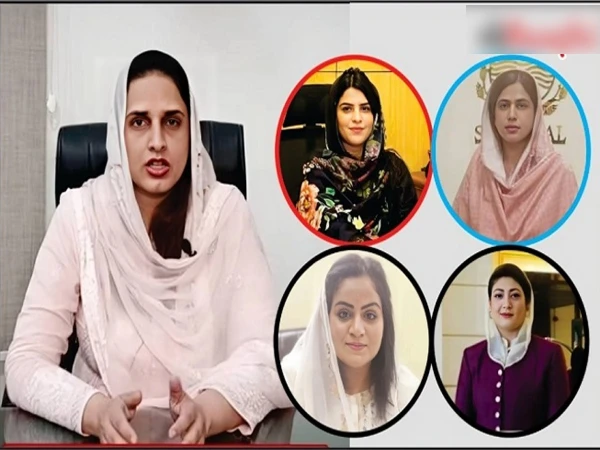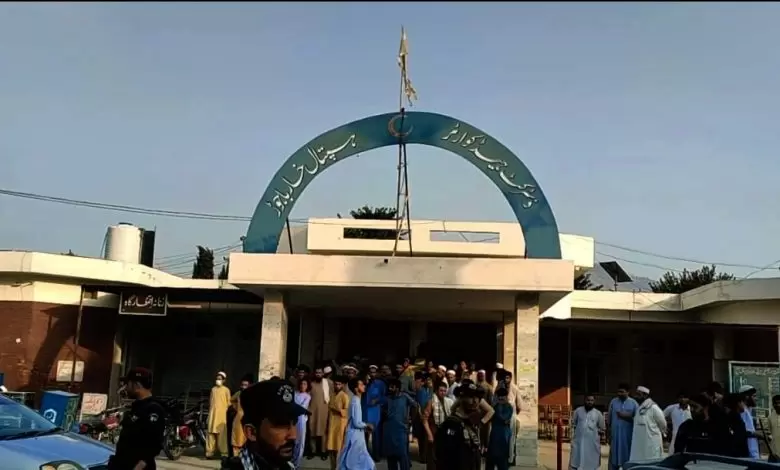Throughout history, an ongoing debate has unfolded, exploring the delicate balance between the perceived bliss of ignorance and the potential challenges accompanying knowledge.
This perspective suggests that a lack of awareness shields individuals from harsh realities, providing a false sense of tranquility. However, this perspective overlooks the transformative power inherent in knowledge and its profound capacity to shape a more informed and conscientious society.
True, ignorance may offer a reprieve, but it fosters a cycle of uninformed decisions and perpetuates systemic issues. Complacency, born from ignorance, becomes a breeding ground for injustice, inequality, and societal problems. In numerous instances, societies steeped in ignorance inadvertently became architects of their subjugation, perpetuating oppressive regimes.
Also Read: Multiple Murders Unfold in Mir Ali: Five Bodies Recovered Overnight
Contrastingly, knowledge is a powerful tool that empowers individuals to understand, question, and challenge the prevailing status quo. This empowerment, however, comes at a cost—a heightened sense of responsibility. Armed with information, individuals may feel compelled to stand against injustice, discrimination, and wrongdoing, often leading to isolation as they swim against societal norms.
The historical landscape is dotted with examples of individuals who, driven by moral duty, stood up against oppression. In ancient Greece, Socrates faced execution for challenging conventional wisdom. Giordano Bruno challenged the geocentric view during the Renaissance, leading to his burning at the stake. In recent history, Martin Luther King Jr. and Nelson Mandela confronted racial injustices, paying the price for societal transformation.
Amidst these luminaries, Abdul Ghaffar Khan, or Bacha Khan, stands tall. His life's work champions the transformative power of education and resilience against oppression. Imprisoned for 37 years, he believed education could catalyze societal change. Bacha Khan's legacy serves as a beacon of inspiration, underscoring the enduring impact knowledge can have on dismantling systemic injustices.
In the broader narrative of those who stood against oppression, Bacha Khan's story enriches the tapestry. The significance of philosophers, thinkers, and educators in nation-building cannot be overstated. They shape a nation's intellectual and moral fabric, providing guiding principles that underpin its values. A nation's progress is intrinsically tied to the wisdom and insights cultivated by these figures.
In conclusion, intellectuals and leaders, exemplified by Socrates, Giordano Bruno, Martin Luther King Jr., Nelson Mandela, and Bacha Khan, pay a hefty price for their commitment to knowledge, justice, and societal progress.
Embracing knowledge involves hardships but is a transformative pathway to enlightenment, empowerment, and creating a just and compassionate society. Their legacies remind us that the pursuit of knowledge is a collective commitment to building a better future.
As these visionary leaders have demonstrated, the enduring impact of their contributions extends far beyond their lifetimes, shaping the course of nations and inspiring generations to strive for a society characterized by justice, prosperity, and education.
1.jpeg)
09 Jul, 2025






1.jpeg)
09 Jul, 2025